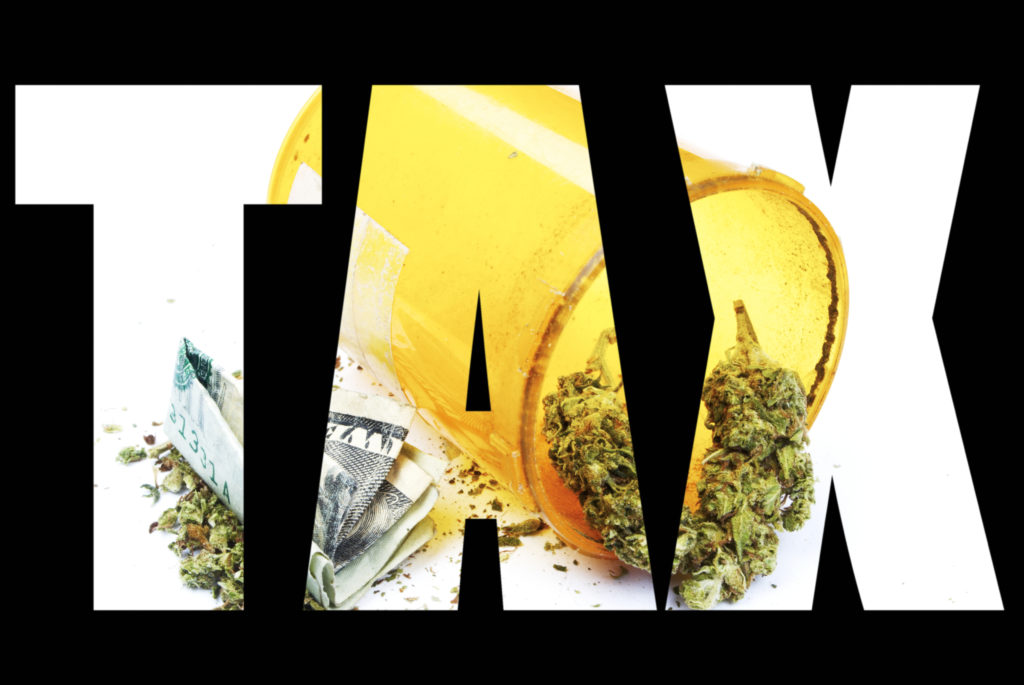Most entrepreneurs who enter the marijuana business are well aware of the fact that it is still considered an illegal activity by the federal government, regardless of state laws. What they may not be aware of is how this will affect their relationship with the Internal Revenue Service, and most importantly, the filing of their annual federal tax returns.
In 1982, Congress enacted Internal Revenue Code Section 280E. This law states that anyone in the business of “trafficking” controlled substances, as defined by the Controlled Substances Act, is not allowed to deduct any ordinary business expenses on their tax returns. So items like rent, wages, utilities, and more are not allowed to be deducted against your gross income if you fall under this law. Unfortunately, the IRS has made it clear that, as far as they’re concerned, state-legal marijuana businesses ARE subject to Section 280E.
One important 280E loophole to mention is the fact that it does NOT apply to Cost of Goods Sold. This has been upheld by the tax courts, and so that means the IRS cannot disallow the cost of producing, obtaining, and storing inventories. Naturally, tax preparation strategies have been focusing on this area as well. This fact also means that growers will not get hit as hard as retailers when it comes to 280E, since the majority of a grower’s expenses can be attributed to their Cost of Goods Sold.
If you are considering entering the marijuana business, or already in it, then it is imperative that you work with your tax preparer to devise a strategy for handling Section 280E and have a plan in place, before the IRS comes knocking at your door.
Read the full article from the Source: Marijuana Taxes: IRC Section 280E Basics | Section 280E News. You can get accounting, tax and consulting regarding Marijuana Tax from Scott Levy with Levy & Levy CPA in Arizona.
Adilas is a CPA’s dream come true!

